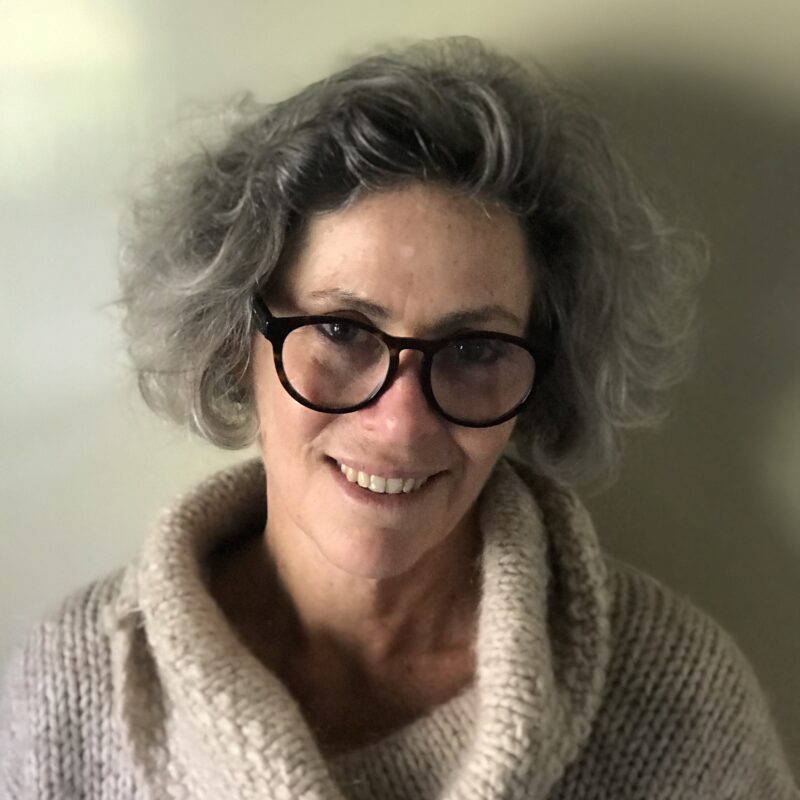Listen to episodes featuring Catherine Doherty:
What Matters
by Catherine Doherty
Professor Emerita
University of Glasgow
My interests have shifted with time away from the coalface of educational research. Previously my own contexts, projects, and the usual suspects I cite would have focused my plunge into the FreshEd archive to create an echo chamber. Now I’m retired, I can take a wider angle on ‘what matters.’
Education impacts everyone’s life opportunities by its presence or absence. It is never a natural, neutral, or objective phenomenon, so what societies make of it matters. I am drawn to accounts of efforts to reimagine templates and priorities rather than reproduce traditions, for example Mari Casellato’s involvement in environmental education/activism through child-lead radio broadcasts and conferences in Brazil. The optimism, energy, and ambition are infectious.
I think what/whose knowledge is privileged in institutional curriculum matters. We must keep asking critical questions. I would highlight the contribution of Arathi Sriprakash, Sophie Rudolph and Jessica Gerrard and others doing the hard work of arguing for the decolonization of educational institutions and the ‘unlearning’ of their whiteness precepts, not just to redress the accreted disadvantages of colonized people, but to confront colonizer societies with the human cost of their histories.
Having watched anti-vaccination movements flower, I would also argue that informed and critical scientific literacy matters. Part of me feels we as a sector have failed the communities who invested in these bandwagons. One’s capacity to ‘do your own research’ is only as good as the grasp on the rigor of scientific argumentation, how such knowledge is built and justified, and the care necessary to make or critique a scientific claim. For this reason, I would recommend Michael Young’s careful explication of ‘powerful knowledge.’ Yes, I am aware of the tension between this and my previous paragraph’s argument, but this tension is the dialectic at the heart of educational practice, no mere either/or competition. Education handles many knowledges (plural) of different textures that address different questions and goals, and we shouldn’t apologize for that complexity.
I think teacher education matters. It offers a challenging research field involving competing disciplines and ideologies that both stimulate and frustrate scholarship. I would highlight the contribution by Maria Teresa Tatto and Ian Menter on teacher education in England and the US, including the march of employment-based programs that appeal as a quick fix to manufactured crises of ‘quality.’ Such developments in the global center legitimate similar agendas elsewhere, for better and for worse, so require monitoring.
The unique medium of FreshEd delivers what the title promises – freshness. I would lastly highlight time-sensitive commentaries such as Anatoly Oleksiyenko on the impact of war on Ukraine’s schools and university sectors. This account of how hard-won educational affordances can be destroyed overnight maintains urgency far beyond the short window of media attention and carries much wider significance to remind us why we work in this vexed, politicized field.
September 1, 2022








